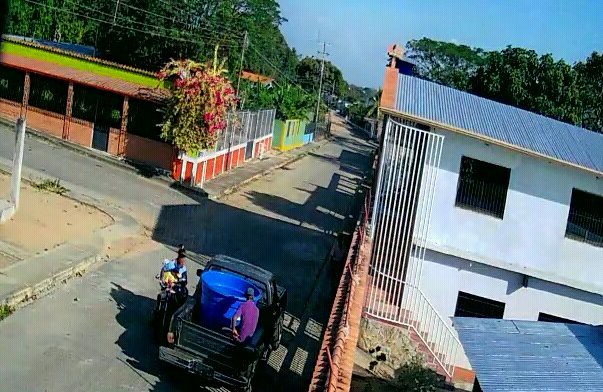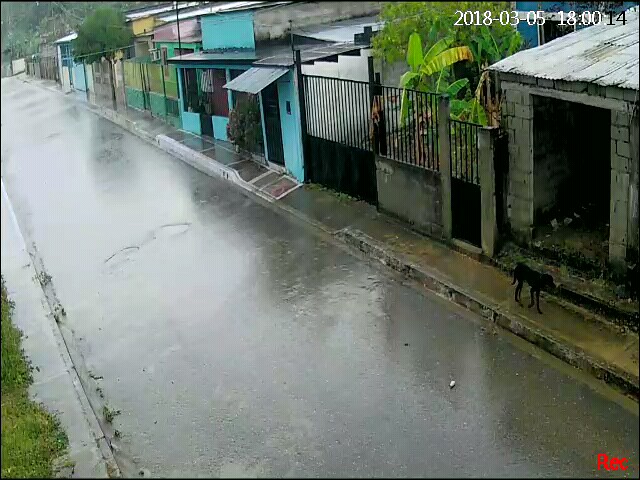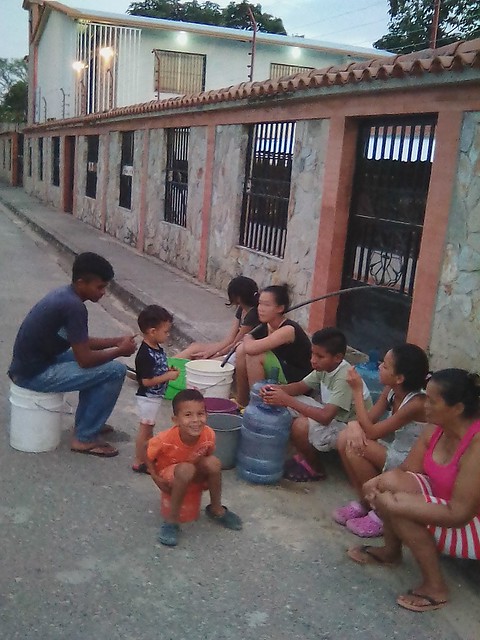 |
| Sharing water with neighbors. |
The fifth Sunday in the Easter season is known as Rogate Sunday. Rogate comes from the Latin rogare, meaning “to ask” or “to pray.” The key verse in the appointed Gospel reading, John 16:23-33, says this: "Truly, truly, I say to you, whatever you ask of the Father in my name, He will give it to you. " Here Jesus reveals to His disciples that after He has been raised from the dead and ascended to the right hand of the Father, He will be the one Mediator between God and man. He promises that all prayers addressed to the Father in His name will be heard and answered.
 |
| We hope for heavier rains. |
 |
| Light evening rain. |
Now Venezuela lies north of the equator, so there technically are four seasons as there is the same progression of increasing and decreasing daylight hours. But the variation is less extreme than in, say, the Dakotas or northern Minnesota. Daytime high temperatures remain between 80 and 90 degrees F. and the only way you can tell it’s supposed to be mid-winter in January, for example, is that the temperature drops to 60 degrees in the wee hours of the morning. That’s here on the plains. Up in the mountains, the temperature may drop below freezing and never get far above 70 degrees F. So it is said there really are only two seasons in Venezuela, the rainy season and the dry season.
 |
| Wating for water. |
The heavy rainfall usually starts in April and this year we are looking forward to it. The reason is that the public water system in our community is off-line and may stay that way for the foreseeable future. We are relying on the well on our property to supply water not just for our home, preschool, livestock, and fruit and vegetable crops, but also for neighbors who have no wells of their own. So far we have been able to meet the demand by being frugal in our use of water, but the water level in the wells keeps dropping. We really could use timely rains to recharge the well. By the fifth Sunday in Easter, either we will be giving thanks or renewing our prayers for rain.
Oh, God, most merciful Father, we beseech Thee to open the windows of heaven, and send fruitful rains upon us, to revive the earth, and refresh the fruits thereof. Graciously hear our prayer in this our necessity that we may praise and glorify Thy name forever; through Jesus Christ, Thy Son, our Lord. Amen.
No comments:
Post a Comment